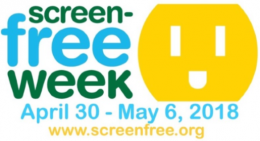
The challenge of feeding 10 billion people by 2050 seems impossible. But, with the advancement of science, one new tool, CRISPR gene editing, could be an answer to food production that is sustainable, nutritious, safer, less wasteful and more.
What is CRISPR? It stands for Clustered Regularly Interspaced Short Palindromic Repeats. Within a species, a gene or DNA is precisely edited without adding genes from another species (i.e. transgenic). Because of this, the process is quicker and does not need to pass as many regulatory hurdles as other methods.
There are two parts to this technology. In the picture at left, the Cas9 protein acts like a socket wrench (top of the picture). Specific RNA guides, CRISPRs, act like the socket heads. The RNA guides direct the Cas9 protein to the correct area on the DNA strand that controls a specific trait (bottom of the picture). This technique is targeted and in real-time.
This technology is being used in research to develop low-gluten wheat, leaner pigs, disease resistant cacao, rice and citrus plants, food crops with greater yield and others.
Sources: National Institutes of Health, Food Technology, March 2018, www.ift.org/IFTNEXT/041018.aspx



